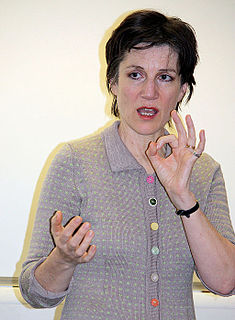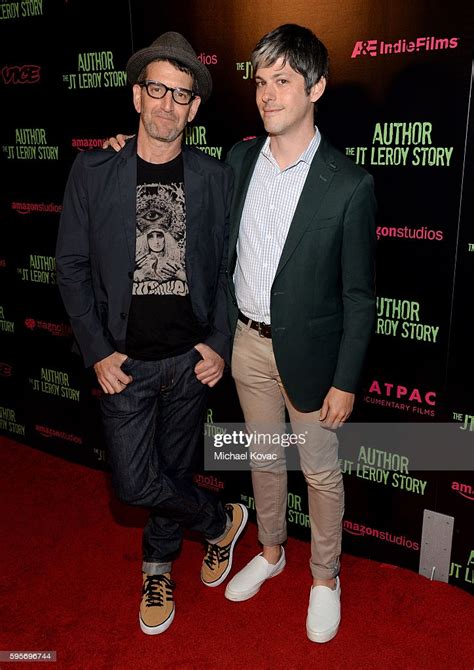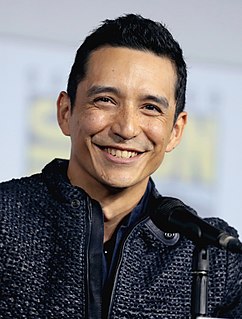A Quote by Floyd Skloot
In 1964, at the age of 39, Flannery O'Connor died from complications of lupus. She had lived with this autoimmune disease for 14 years, primarily confined to her mother's farm, Andalusia, in Milledgeville, Ga.
Related Quotes
My mother had a life-altering stroke when I was nineteen and she died when I was twenty-three. I'm now older than my mother when she died and my relationship with her has really changed over these many years. I continue to stay interested in her and I know her differently now. Losing my mother, losing dear friends, is now part of the fabric of my being alive. And the fabric keeps changing, which is interesting.
There are many different causes of the scarring. Viruses are common. Hepatitis B, hepatitis C, what we call autoimmune diseases where the body attacks the liver itself such as primary biliary cirrhosis is an autoimmune disease; sclerosing cholangitis is an autoimmune disease; and so those diseases where the liver is being destroyed by either the virus or an autoimmune disease, it can only scar, and why it doesn't regenerate has to do with the fact that there is this ongoing scar tissue that blocks that regeneration.
After my mother died, I learned that she'd had a scholarship to the University of Nebraska, but - in kind of a tradition that females don't do things like that - her father prevented her from going. She always said that she wasn't allowed to go to college, but until she died, I never knew that she'd had this scholarship.
It's remarkable she [Venus Williams] plays at all, given her Sjögren's syndrome [an autoimmune disorder that can cause joint pain]. She's back, winning tournaments. She didn't allow society to tell her, "You have this disease; you can't do that anymore." I look at her, like, "She's not playing at 100 percent. You are. You don't have excuses." Knowing what she went through helped me try to be a more positive person.
The phrase the violent bear it away fascinated the 20th century Irish-American storyteller Flannery O'Connor, who used it as the title of one of her novels. O'Connor's surname connects her to an Irish royal family descended from Conchobor (pronounced Connor), the prehistoric king of Ulster who was foster father to Cuchulainn and husband of the unwilling Derdriu. In the western world, the antiquity of Irish lineages is exceeded only by that of the Jews.
In my earliest of years, my mother was a huge force in my life. She was for all intents and purposes, a single parent. My father had abandoned us. He was an alcoholic and a physical abuser. My mother lived through that tyranny and made her living as a domestic worker. She was uneducated but she brought high principles and decent values into our existence, and she set lofty goals for herself and for her children. We were forever inspired by her strength and by her resistance to racism and to fascism.






































